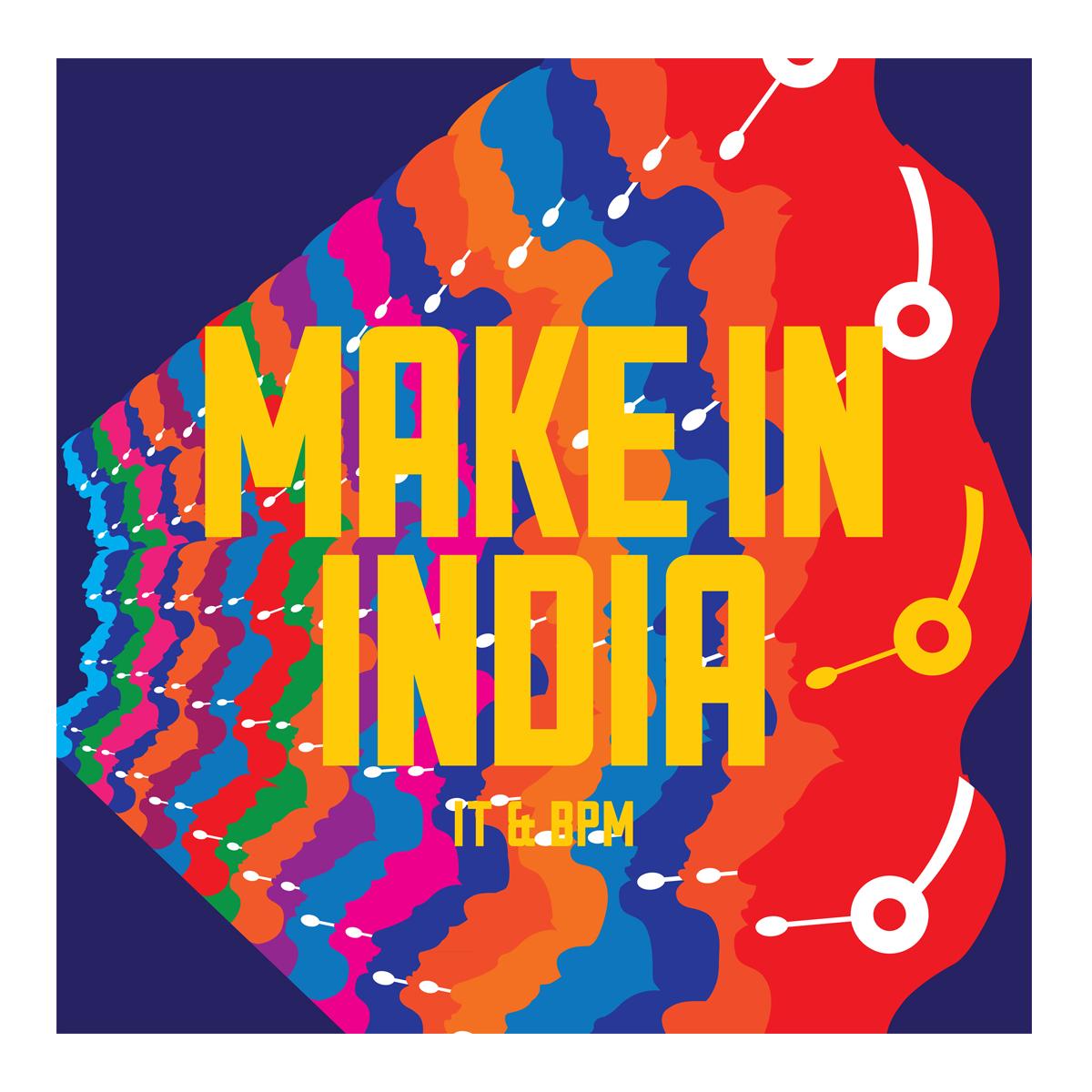
By KR Sudhaman, KA Badarinath: New impetus to boost share of manufacturing in GDP from 16% to 25% over next 10 years: Prime minister Narendra Modi kicked off the Make in India campaign to turn the country into a global manufacturing hub in a grand function on Thursday attended by the who’s who of India Inc. The gathering was also addressed by Indian honchos, including Tata Sons chairman Cyrus Mistry and Reliance Industries chairman Mukesh Ambani, who shared their plans and flagged certain critical policy issues that needed to be tackled to get back to the doable 8-10 per cent economic growth. Promising to focus on physical infrastructure, a major bottleneck that acted as a dampener, Modi said, “This government is dedicated to growth. This is not a political agenda but an article of faith.” "I do not only talk about good governance. I talk about effective governance and easy governance," he said, launching the campaign that is expected to take the share of manufacturing in GDP to 25 per cent from the present 16 per cent in the next 8-10 years. In China, manufacturing already accounts for 31 per cent of GDP. The galaxy of industrialists who attended the mega event at Vigyan Bhavan included Azim Premji, Kumar Mangalam Birla, YC Deveshwar and CEOs from multinationals Suzuki and Lockheed Martin. Industry leaders from both India and abroad pledged their support to the government's Make in India campaign, at the same time asking for stable tax structure, labour reforms, ease of doing business and quick decision-making. Speaking in support of the initiative, Ambani said in order to succeed in this campaign, it was important to be open to capital and expertise from all over the globe. Implementation of GST will make India one market and strengthen the programme overall. “Our aspirations on the global manufacturing arena will be fulfilled if we address certain challenges on priority,” Cyrus Mistry said in his speech, adding, “These factors will include the build-up of critical infrastructure across the country supported by stable policies, transparent and competitive tax and duty structure, efficient and time-bound administration through the use of e-governance, cost-effective and reliable energy coupled with logistics, critical for the competitiveness of industry.” “Make in India is about the present and the future, made is always in the past...” Mukesh Ambani said. “We commit ourselves to the Make in India movement that was given to a billion Indians by our PM.” Announcing that Reliance Industries would create 1.25 lakh jobs in the next 12-15 months, Ambani said it was also important for villages to stay connected to be a part of the growth story. “It is important to connect village clusters with international markets and not only domestic markets by building physical infrastructure and virtual infrastructure so that all our goods and services are connected to all markets,” Ambani said. Asking Indian honchos and MNCs to turn India into a global manufacturing hub, Modi said, “We want the Indian companies to shine as MNCs. This is your country, the happiness of succeeding here and then taking it abroad has its own taste.” Job creation has been an issue in the past several years, as
pointed out by some of the speakers. As against the need to create 10 million jobs annually to cash in on the demographic dividend, only two million jobs were created annually, giving credence to allegations that the country was pursuing jobless growth. The Modi government wishes to pursue labour-intensive manufacturing to deal with this problem. “We have to move towards next-gen infrastructure. Not only do we need highways but also I-ways (information ways),” Modi said adding Make in India is not a slogan but an invitation to set up units here. He recalled that in the last three-and-a-half years, companies were looking to move out of country but this has been reversed in three months of his government taking charge. Congress, the main opposition party, was not amused. Party spokesperson and former commerce and industry minister Anand Sharma said the high profile launch by Modi was just a restatement of the objectives and provisions of the UPA’s national manufacturing policy. Sharma was also critical of what he called “partisan narrative” and uncharitable references to the tenure of the previous government. Modi “has not shown the grace of acknowledging India’s recent achievements and national policy initiatives of UPA government with similar objective in mind. Invest India campaign was launched by UPA as early as 2010. “An impression is sought to be created that this is prime minister Modi's grand vision. The entire state machinery has been mobilised to showcase this in India and throughout the world. All Indian missions are under instructions for simultaneous launch worldwide,” Sharma said. Modi said global companies want to come to Asia but they do not know where to look in Asia. “India is the only country which has democracy, the demographic dividend and demand,” the prime minister said, adding India ranks low on ease of doing business and that his government has sensitised officials in this regard. Along with its 'look east' policy, India needed to ‘link west’ to have a global vision. Investment cannot just be attracted by invitation, Modi said, adding, “The most essential factor is trust. Let’s start with trust and the government will intervene only if it sees any deficiencies.” The apex chambers were quick to welcome Modi’s launch. CII president Ajay S Sriram said the prime minister’s observation that India is ideally placed to look east and link west, will help products manufactured in India to enter the global chain. “It is interesting that the PM has equated FDI to the notion of First Develop India. Digital India should lead to much better governance. That will help India improve its rank in the ease of doing business.” The prime minister’s emphasis on skill development and mapping of skills to industries is an important endeavour that must be pursued. CII has taken many initiatives in this area and trained many workers with specific skills across sectors by adopting ITIs and developing skill gurukuls, he said. “As mentioned by the prime minister, consistency and stability in government policies is important to build trust between the industry and the government. Integral to developing and maintaining this trust is re-defining the way the Centre and state governments work by bringing
.
 . .
good governance principles to the fore,” Ficci president Sidharth Birla said. "The Make in India campaign promises to fast-track India's growth trajectory by making it a manufacturing hub. Made in India, Made by India but Made for the World, with the vision of empowering Indians by creating job opportunities, the campaign is the PM's ingenious formula to position India as the centrepiece of Asia's next growth story. With the promise of effective and easy governance enabled by IT, this campaign will be a game changer to facilitate true convergence of innovative ideas – both from within India and from overseas," Assocham president Rana Kapoor said. Harish HV, partner, Grant Thornton India said, “India desperately needs to grow its shrunken manufacturing sector to create jobs for its huge population, particularly those of the youth, to prevent the demographic dividend from becoming a social disaster. Hence the Make in India campaign is critical. This needs to be more than a slogan -- it must become the key mantra for the central and state governments." 'Make in India' plan welcomed by S African business: The 'Make in India' campaign launched by Prime Minister Narendra Modi has been widely welcomed by the South African business sector which is eager to create more bilateral trade opportunities. Heads of Indian missions in South Africa shared the ambitious plan at a briefing in Johannesburg. Addressing concerns that the South African government's approval of an industrial development action plan could be seen as competition for India's campaign, Consul General of India, Randhir Jaiswal said, "But then every country is looking for investment to grow, so the whole idea would be to determine which areas India and South Africa could collaborate on so that both countries could benefit." India has potential to become world's biggest car maker: Maruti: By PTI, Stating India has the potential to become the biggest car manufacturer of the world, country's top car maker Maruti Suzuki today hoped factors adversely affecting competitiveness of manufacturing will be removed quickly, in line with Prime Minister Narendra Modi's call to make India a manufacturing hub. "Costs of production in India increase because of various government policies, procedures, regulations and the way some of the laws are implemented," said Kenichi Ayukawa, Managing Director and CEO, Maruti Suzuki India Ltd, at the 'Make in India' campaign. Stating that India is not the easiest country to do business in, he said, "We are fully confident that, under the Make in India programme of the Prime Minister, factors that adversely affect the competitiveness of manufacturing will now be removed quickly," he said adding India will then become one of the most competitive manufacturing countries in the world. Source: mydigitalfc.com, copy Images url to check its source of sharing..........
 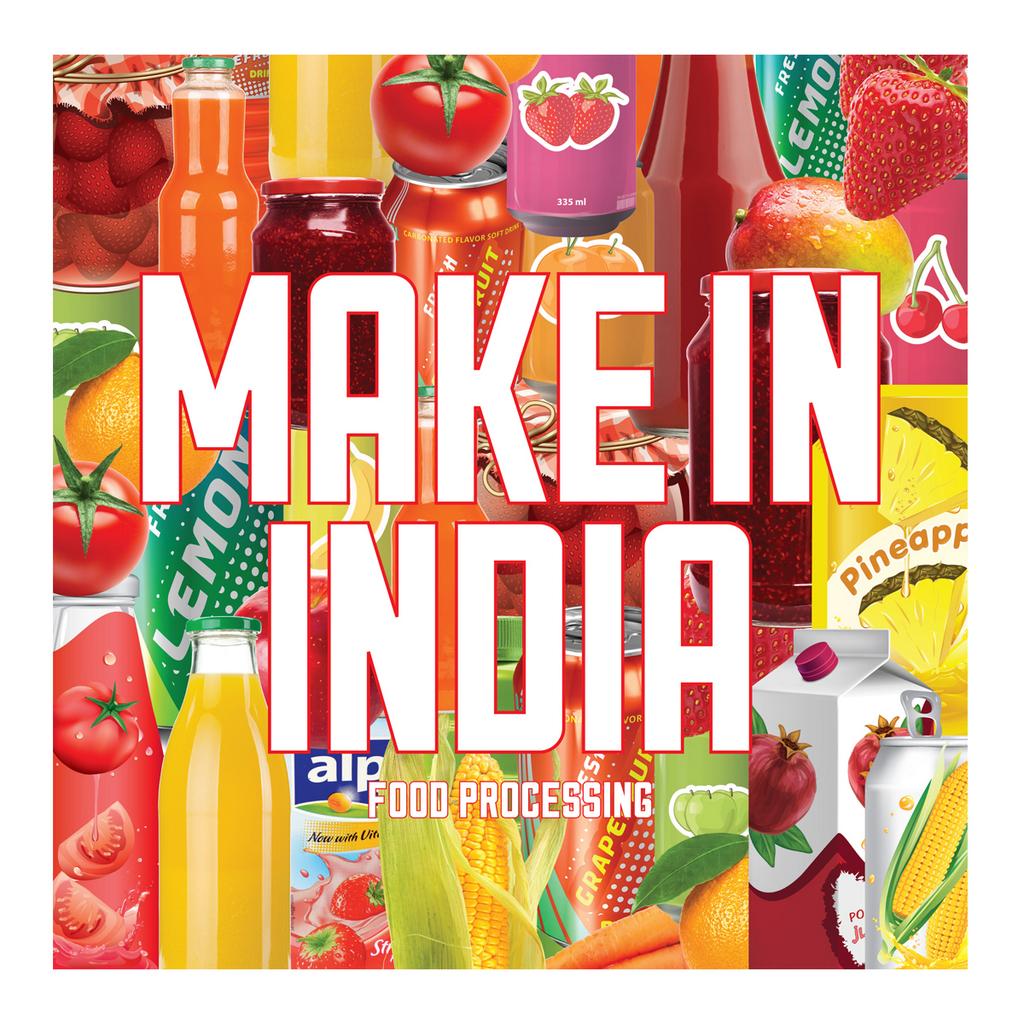  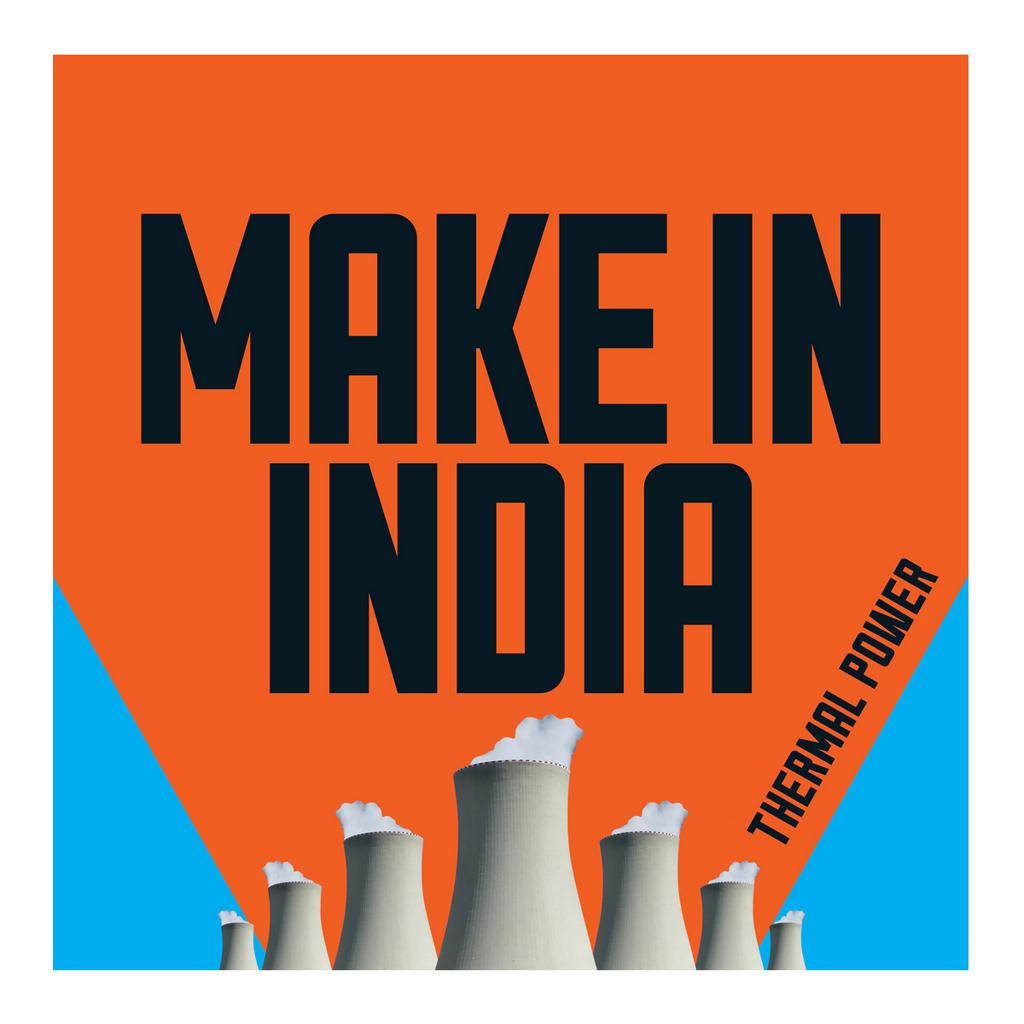 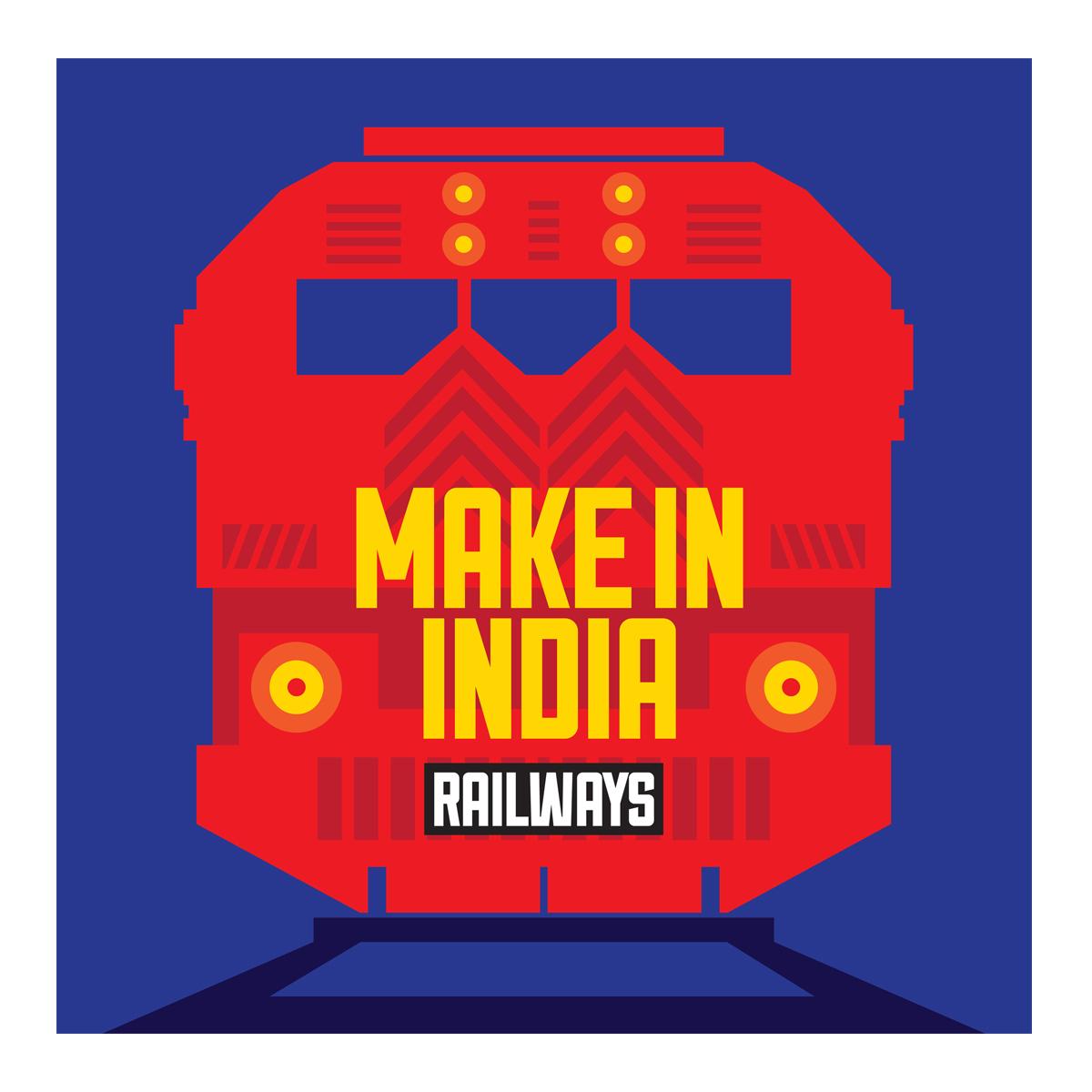 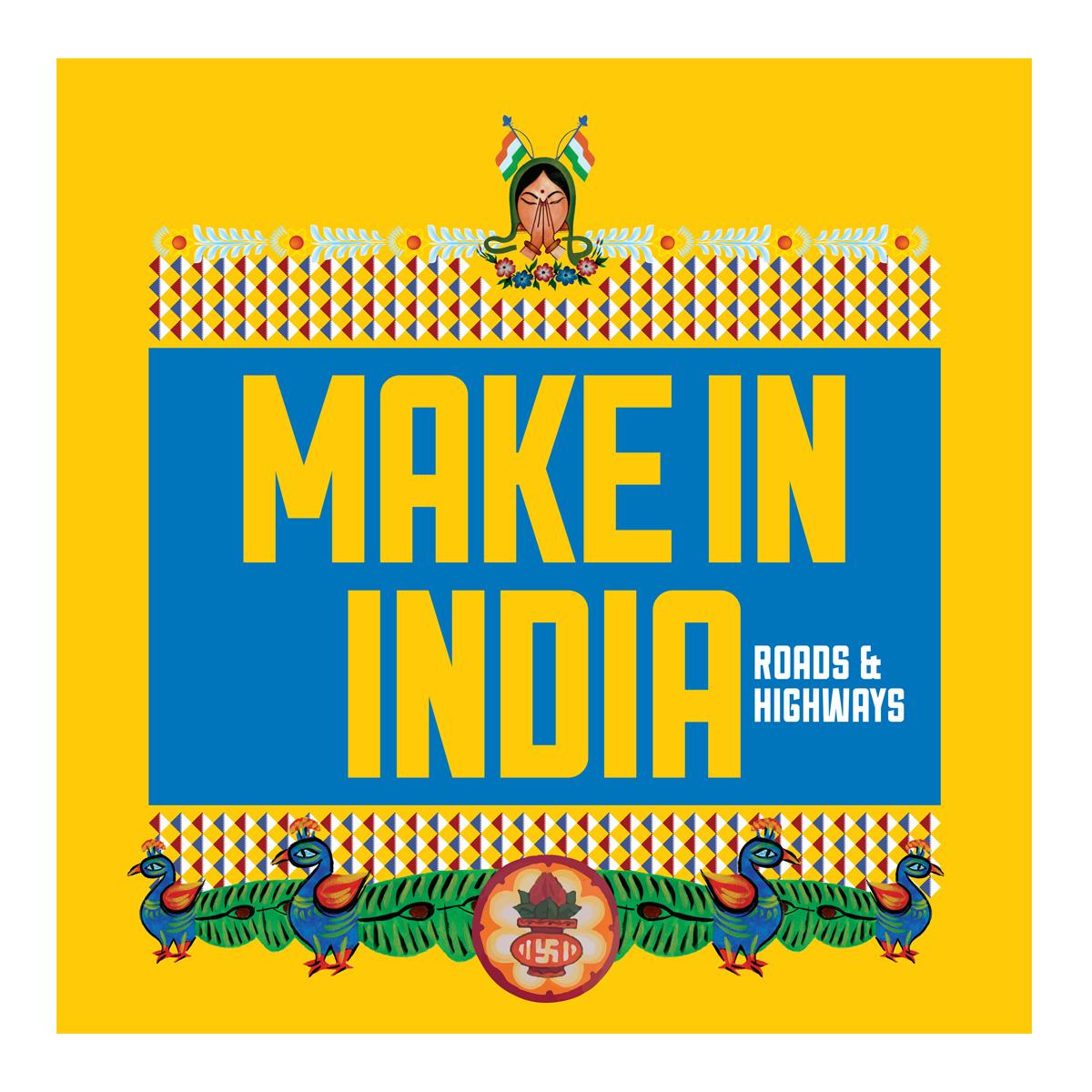 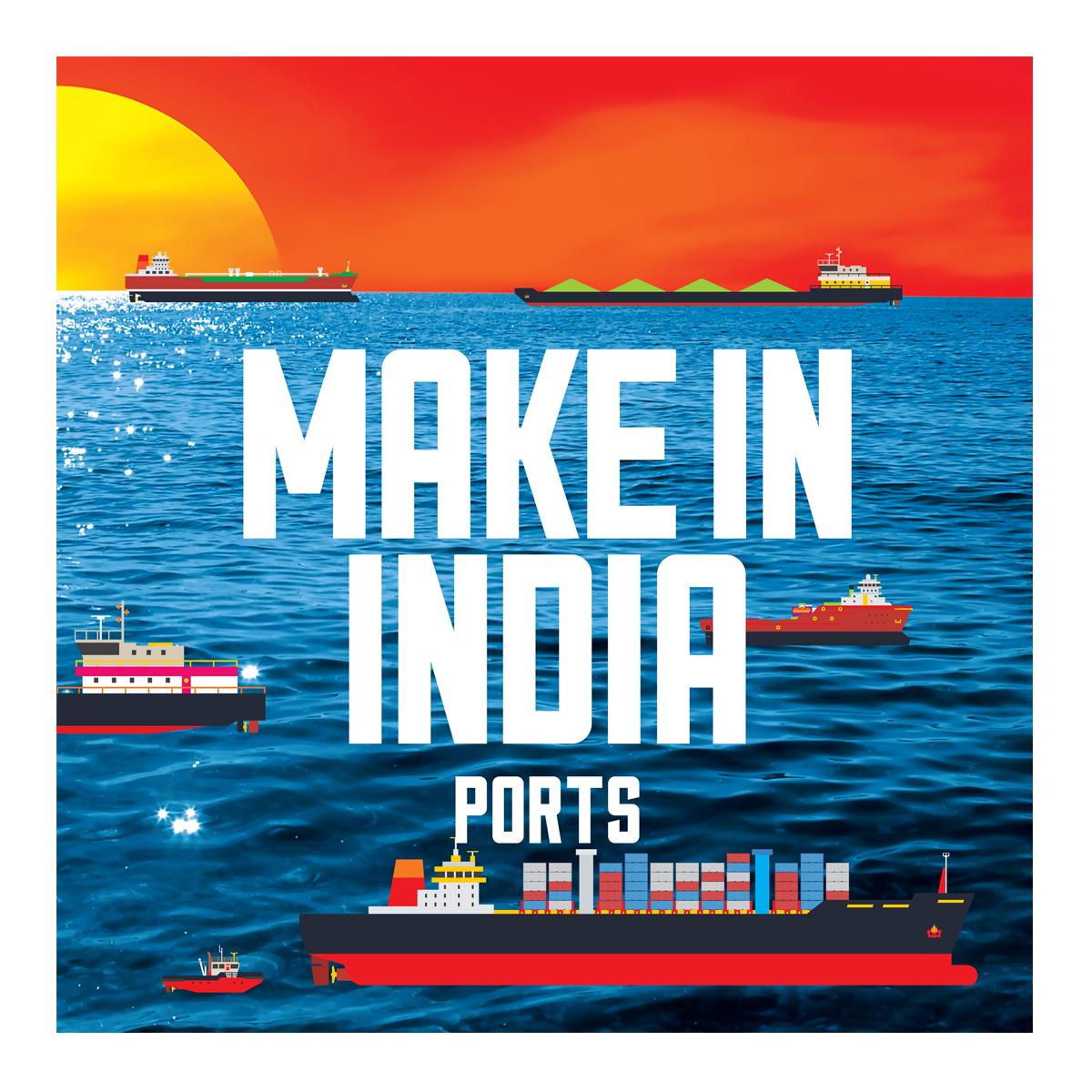 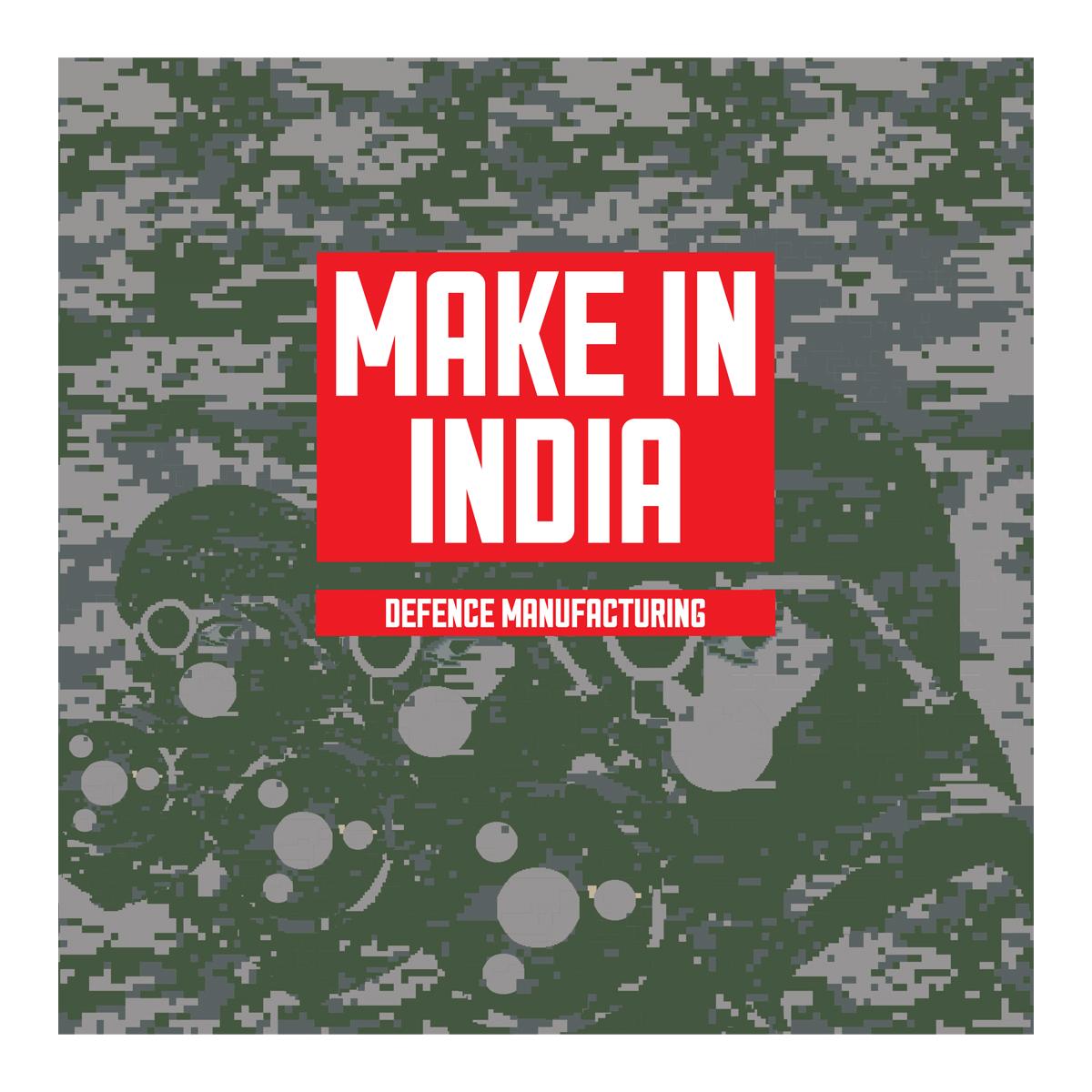 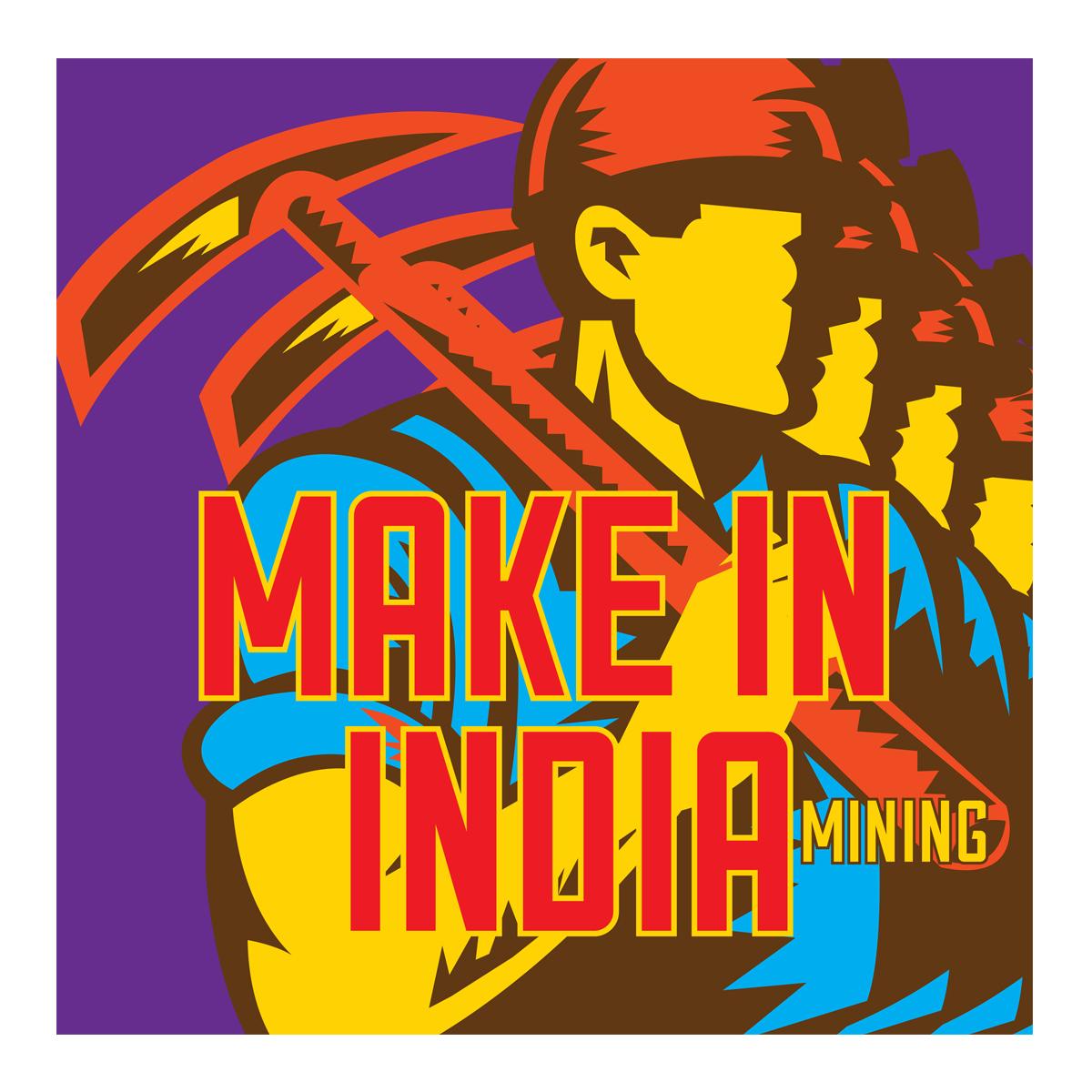 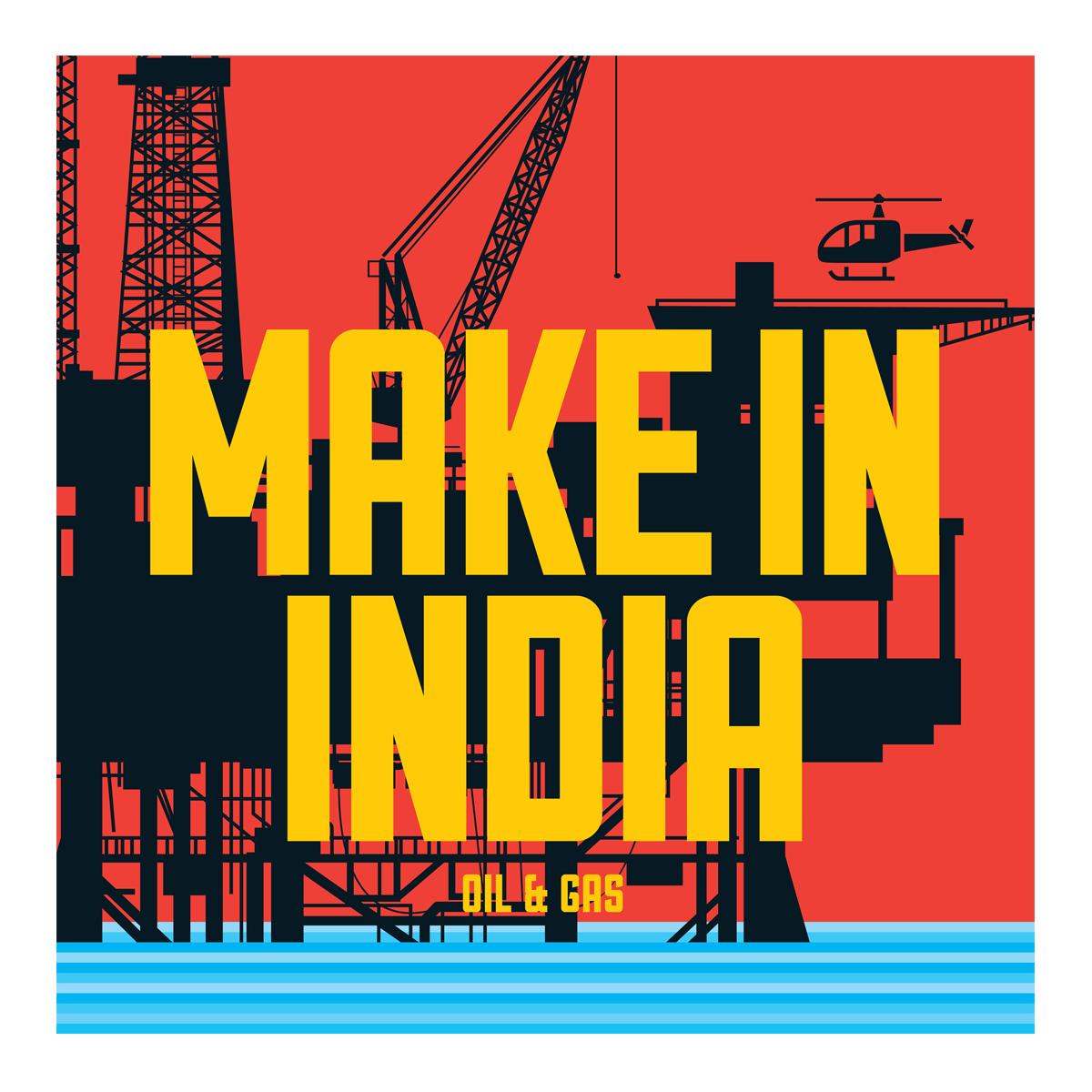 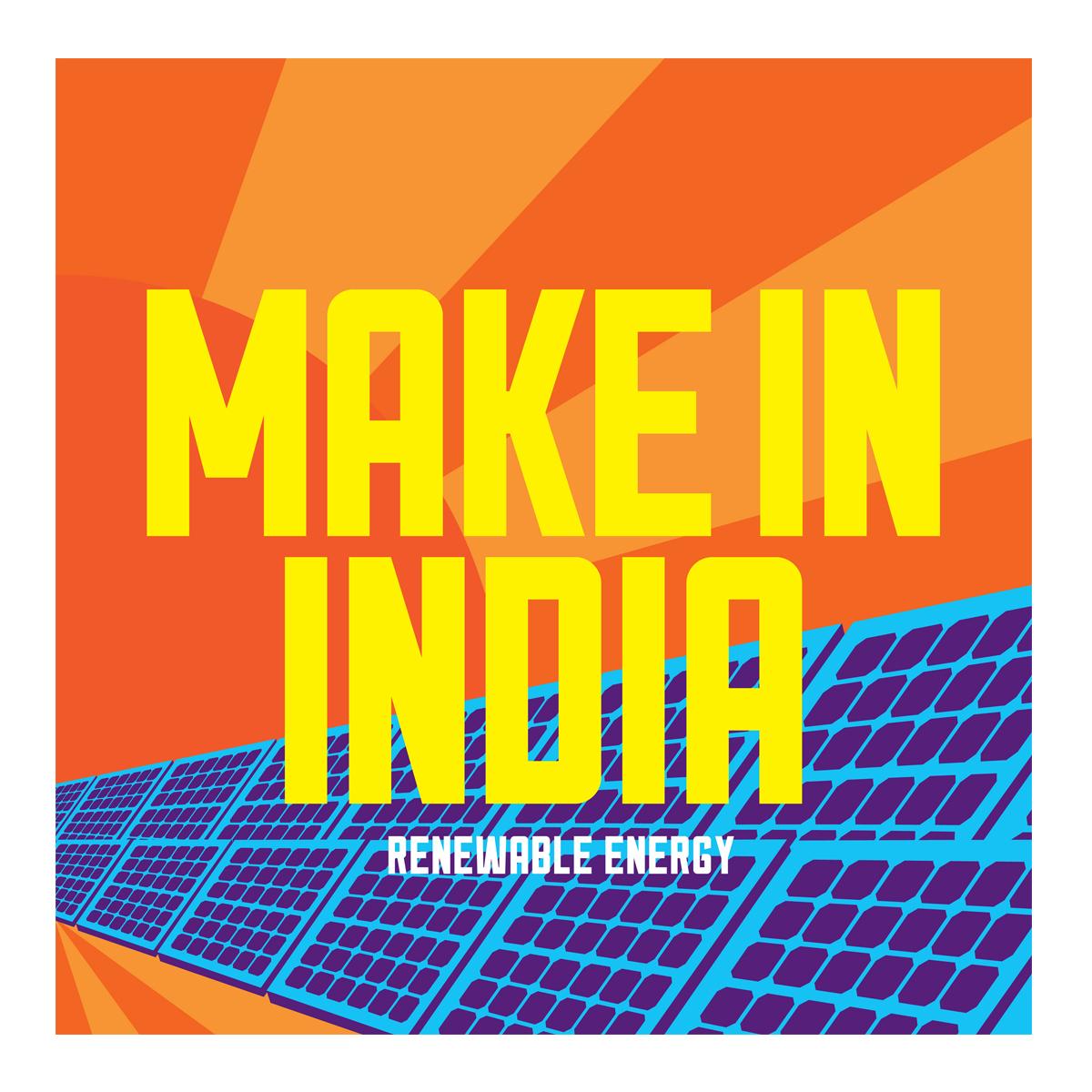 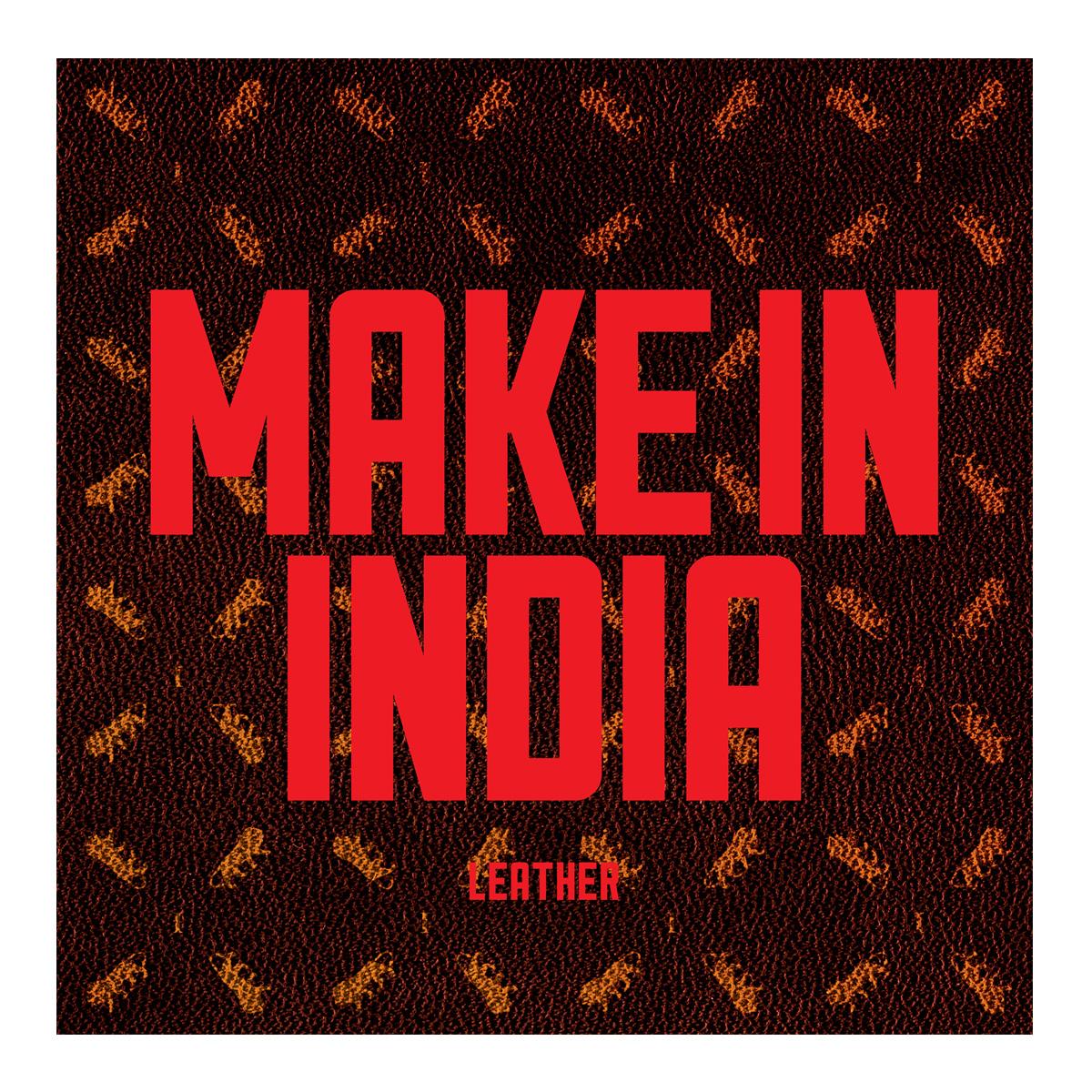 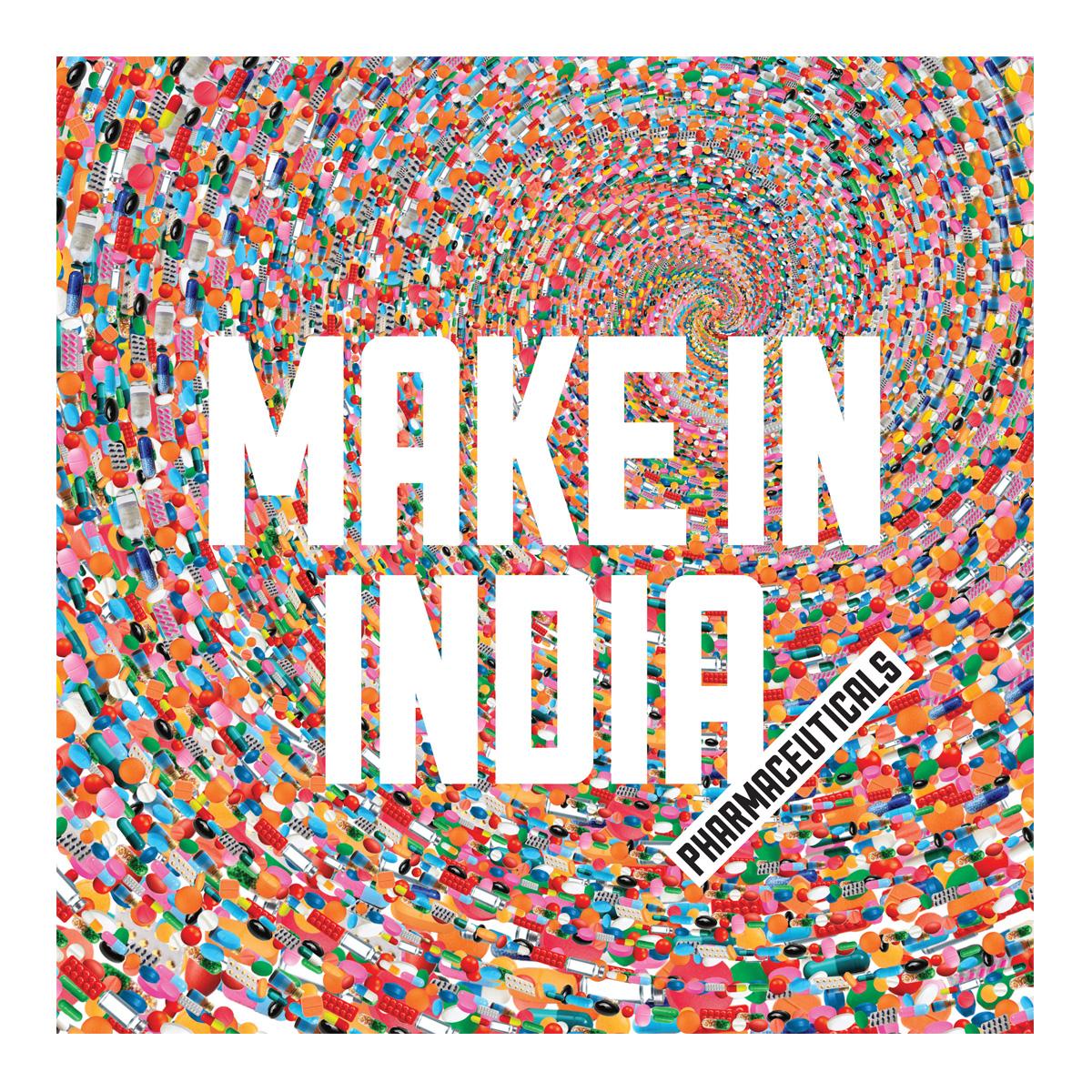 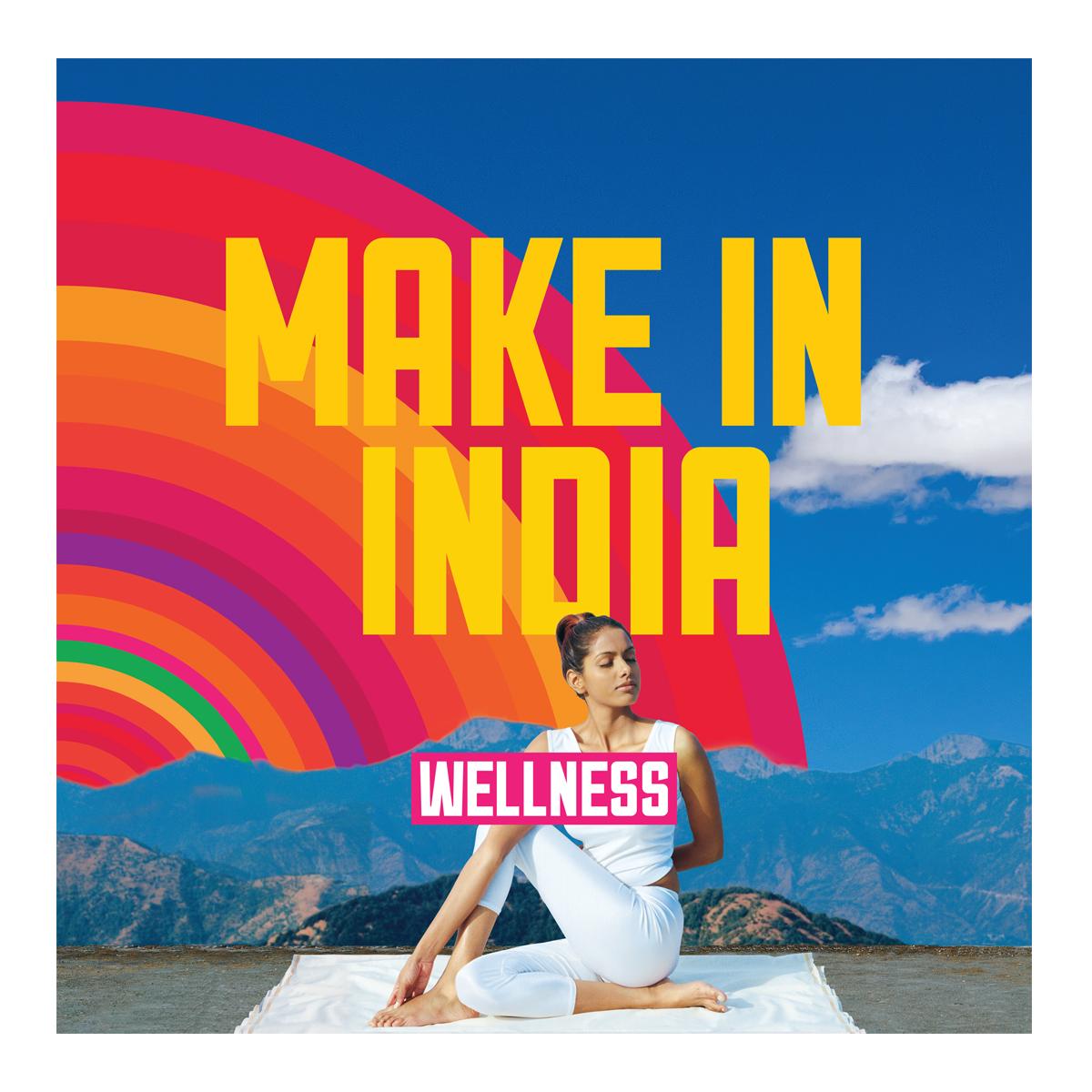 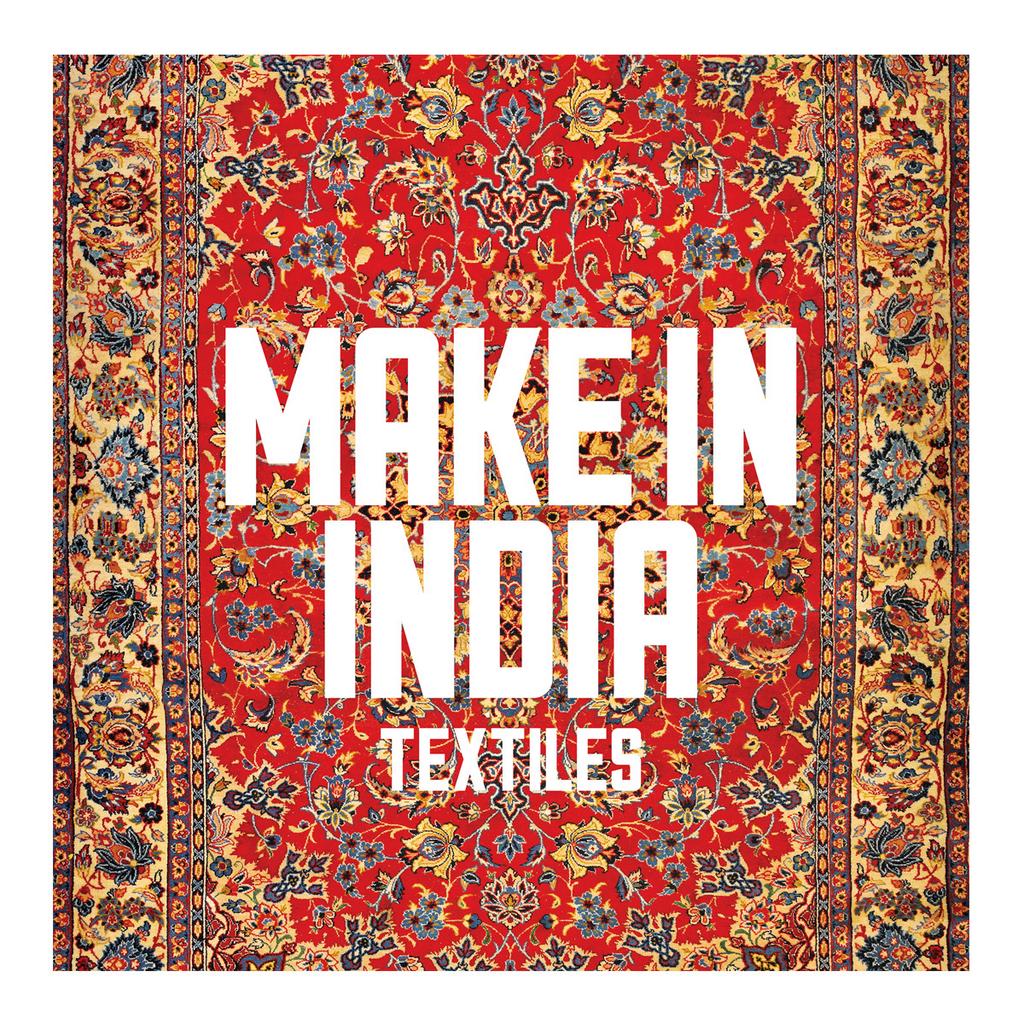   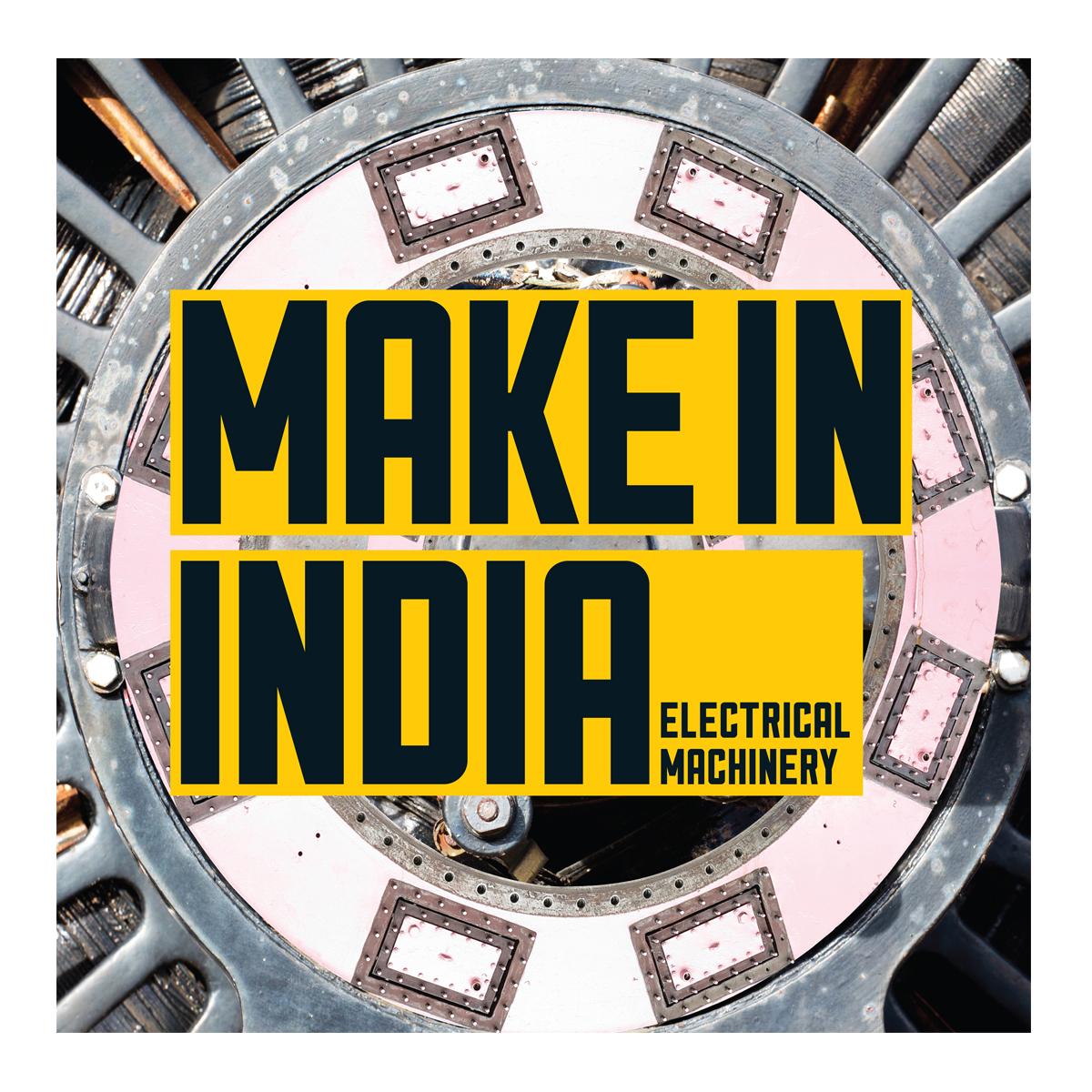 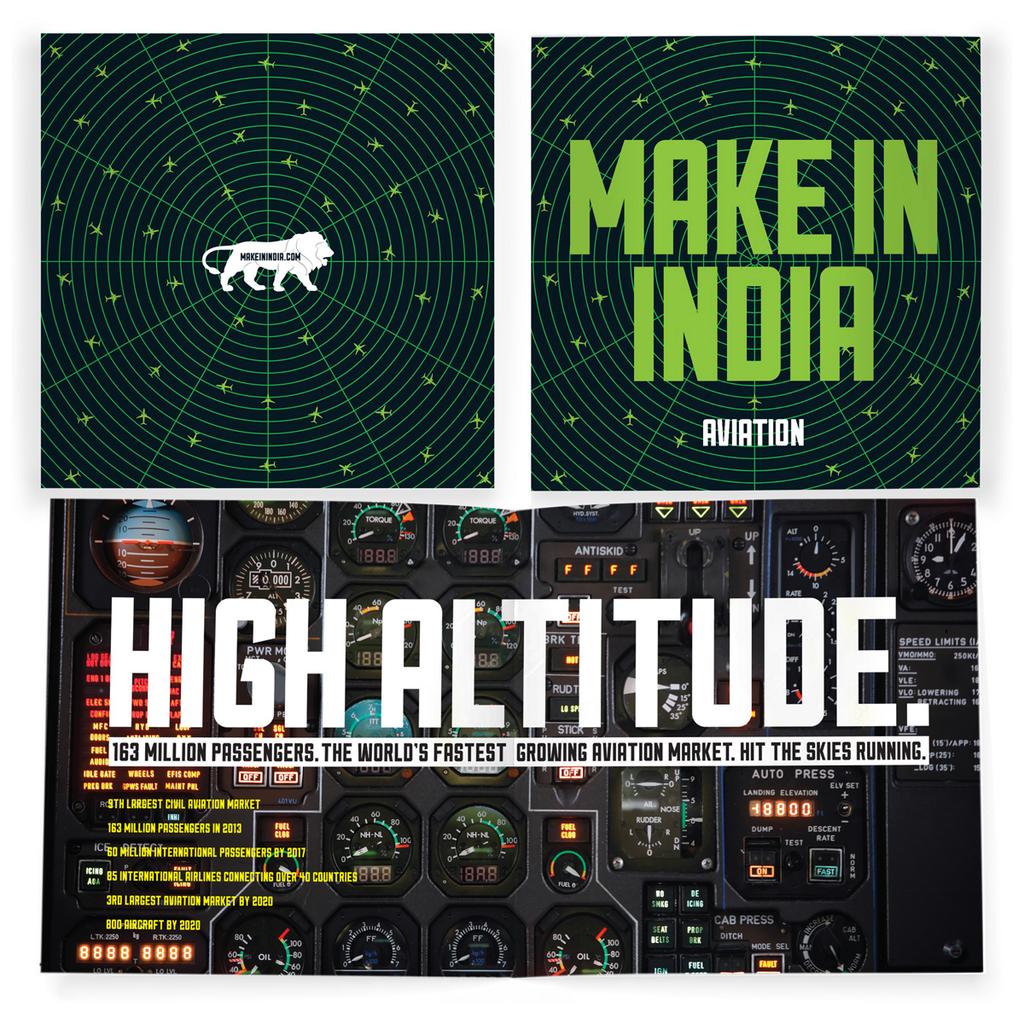 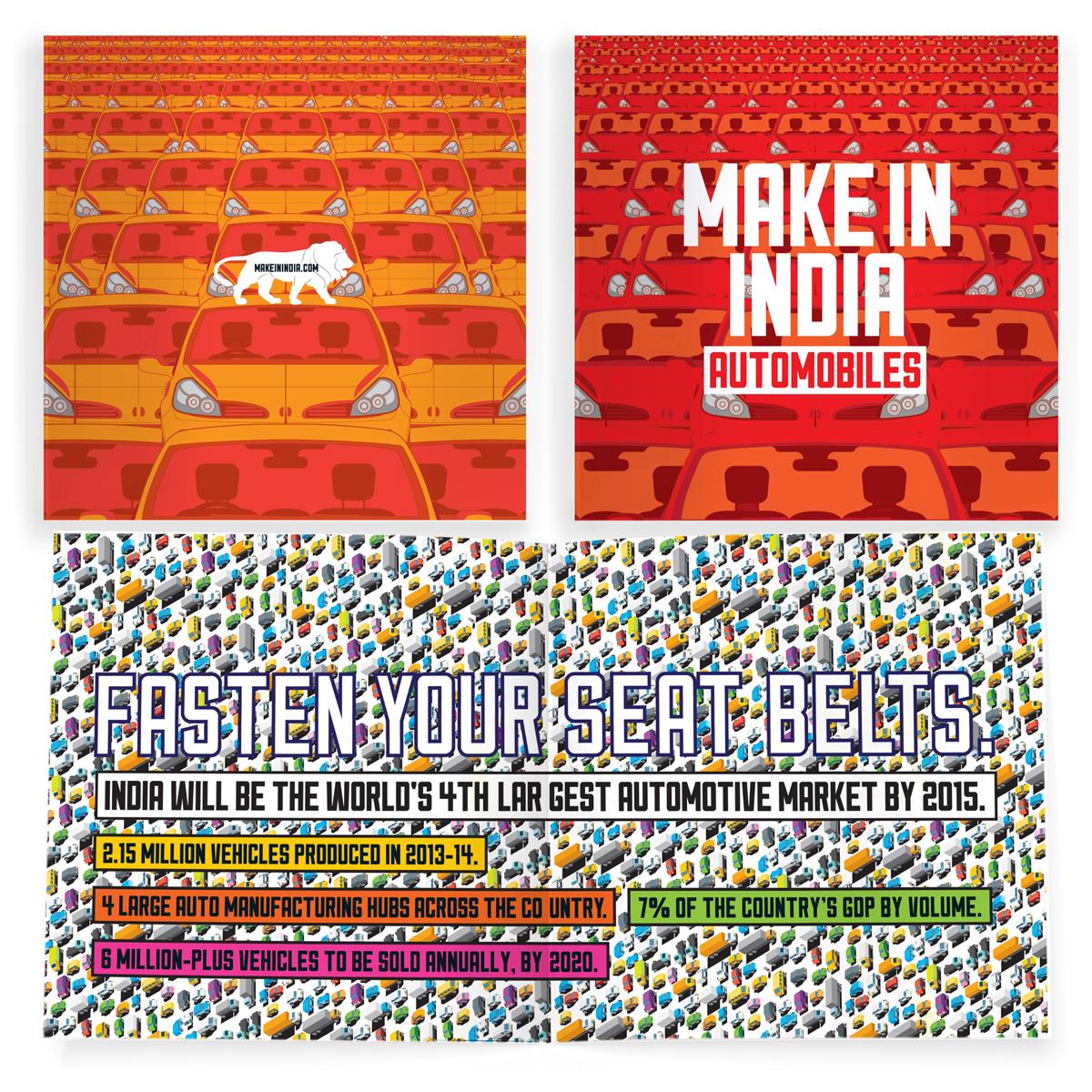 |





